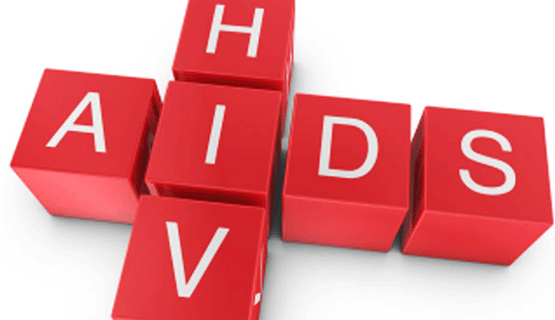
OVER a thousand medical researchers, advocates, clinicians, policy-makers, private sector partners and public health experts are set to convene for the first ever HIV Research for Prevention 2014 conference (HIV R4P) in Cape Town, South Africa, to explore comprehensive, biomedical HIV prevention research.
ELIZABETH NDHLOVU-DUMBRENI STAFF REPORTER
According to the Aids Vaccine Advocacy Coalition (Avac), the search for biomedical HIV prevention options has progressed further and changed faster in the past few years than at any other time since the epidemic was discovered.
HIV R4P responds to a growing consensus that effective HIV prevention would require a combination of approaches.
The conference runs from October 28-31 at the Cape Town International Convention Centre.
Speaking to Southern Eye, US-based Avac executive director Mitchell Warren said HIV R4P would build on previous annual Aids vaccine conferences and biennial microbicides conferences.
A microbicide is a substance such as a gel, cream, sponge, suppository or film that can significantly reduce the transmission of sexually transmitted infections (STIs).
“The conference is led by a distinguished group of five co-chairs and a diverse programme organising committee. And Avac is one of a wide number of partner organisations collaborating on the conference,” said Warren.
- Chamisa under fire over US$120K donation
- Mavhunga puts DeMbare into Chibuku quarterfinals
- Pension funds bet on Cabora Bassa oilfields
- Councils defy govt fire tender directive
Keep Reading
“It’s an exciting time in HIV prevention research, and we are looking forward to great discussions about the state of HIV prevention research. The conference will support cross-fertilisation between research on HIV vaccines, microbicides, PrEP (A phase three clinical trial evaluating the use ofantiretrovial Truvada and Tenofovir for preventing HIV among HIV-negative partners in serodiscordant relationships), treatment as prevention, cure and other biomedical prevention approaches, while also providing a venue to discuss the research findings, questions and priorities that are specific to advancing each modality.
“For reporters, it will be an important opportunity to find out about the state of the field and to interview the top African and international researchers, policy makers and advocates,” he said.
Warren, who is currently in Zimbabwe, highlighted the need for policy makers and community leaders to raise awareness across a broad spectrum. This, he said, would help reduce HIV related stigma in societies.
“We have come a long way in Zimbabwe and elsewhere in Africa in raising awareness about HIV and existing prevention and treatment programmes. It is also important to engage on research activities that will provide us a wider range of options. It’s exciting that we have expanded options for HIV prevention and we hope that research happening here in Zimbabwe and elsewhere in the region will provide even more options for women and men.
We need to raise awareness across a broad spectrum — from women and men who need to know how to protect themselves from HIV to policymakers who need to support ongoing research for new options and implementation of existing ones, to community leaders who can help reduce stigma, and to researchers to interact with each other and these other constituencies,” said Warren.










